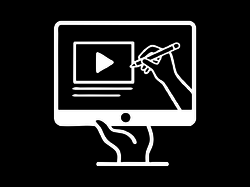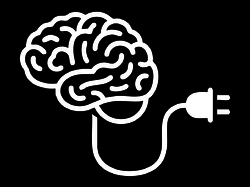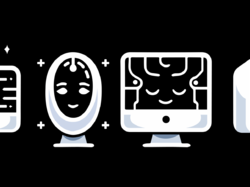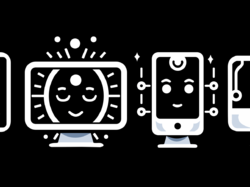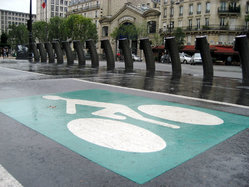
On Sunday, thousands of bicycles will roll into Paris as part of a new bike-sharing program. Bike corrals are spaced throughout the city every 300 meters (about four New York blocks), just waiting for their two-wheeled steeds to arrive this weekend. You’ll swipe your membership card at a station to unlock a bike, and it’s yours for the next 30 minutes, when you’ll drop it off at a station near your destination.
The government here probably could have managed to make the program completely free,[1] but instead they’re charging 29 euros per year to join. The fee helps cover costs, sure, but I suspect that it’s more about covering human nature. The fee buys good behavior.
“You get what you pay for” has a corollary: “People behave according to how they pay.” By spending a little coin, a psychological shift happens. I become an owner. I expect that I’ll have access to bikes in good, unvandalized condition, and I expect that others will return bikes to their stations when they’re done. Because of those expectations, I’ll be that much more careful with how I treat the bikes myself.
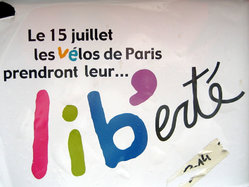
I’ve noticed this in the support forums of free versus paid consumer software, too. There are always exceptions, sure, but customers who pay a little something for their software seem to be more civil in those forums. They also invest more time and detail into writing their questions, making it easier for others to help them. (They also have correspondingly higher expectations/demands that they’ll receive that help.)
In free-software forums, you’ll often see hastily written questions with few details to explain the problem the person is having. This isn’t a criticism of free software; I love free software. It’s just that “free” seems to draw out certain human pathologies and a lower level of investment, even when it’s in your own interest to make that investment.
When you’ve got skin in the game, you’re willing to put more in to get more out. You’re an owner. So this week, I’m gladly sending in my check to become the owner of several thousand bikes in Paris. I’m trusting that everyone else will act as owners, too.
1. Amsterdam put a free bike-sharing program in place in 1968, but theft and vandalism put an end to it. The Paris program is operated by a for-profit private company. Revenues come from public funding, subscriptions and advertising. Back.

